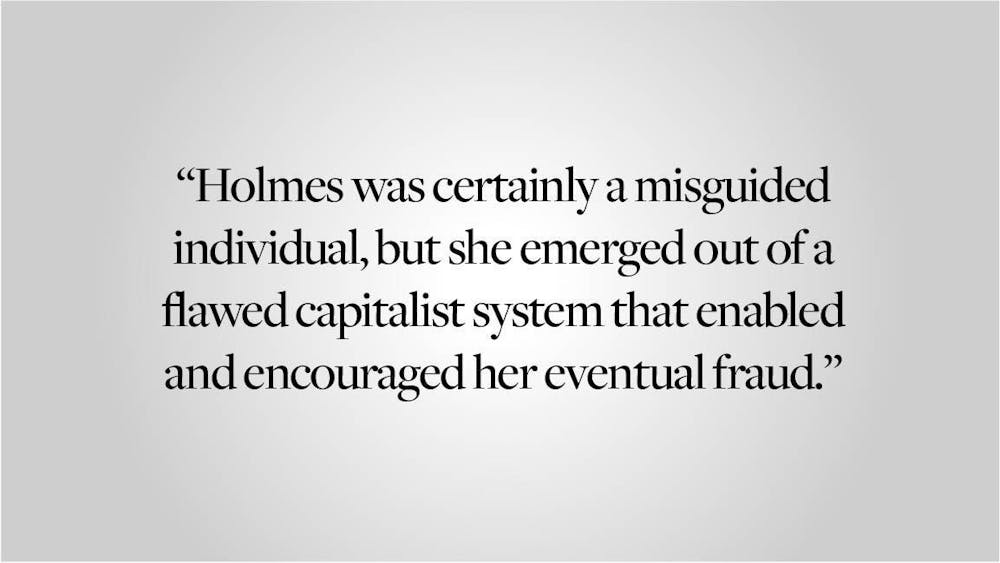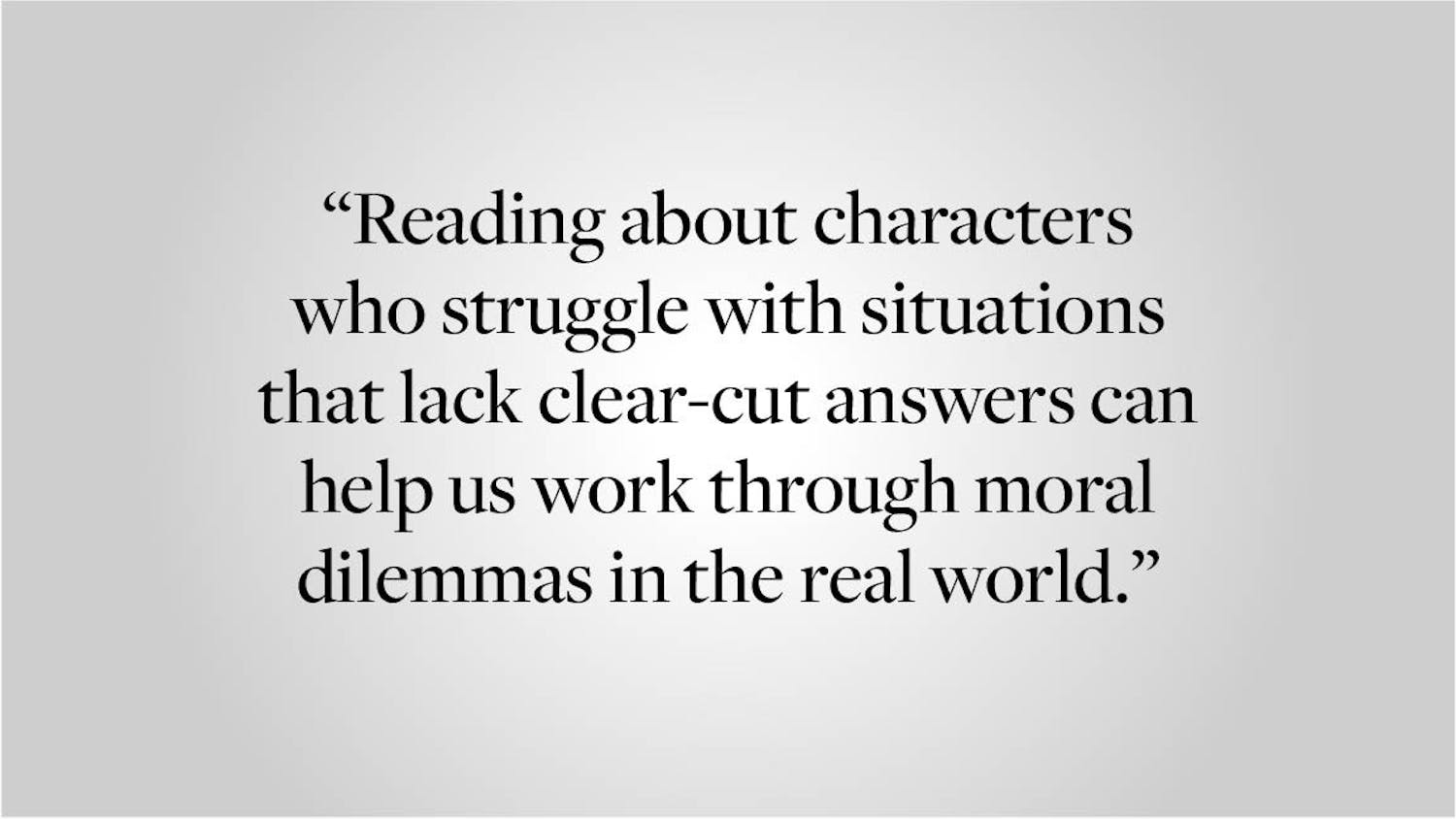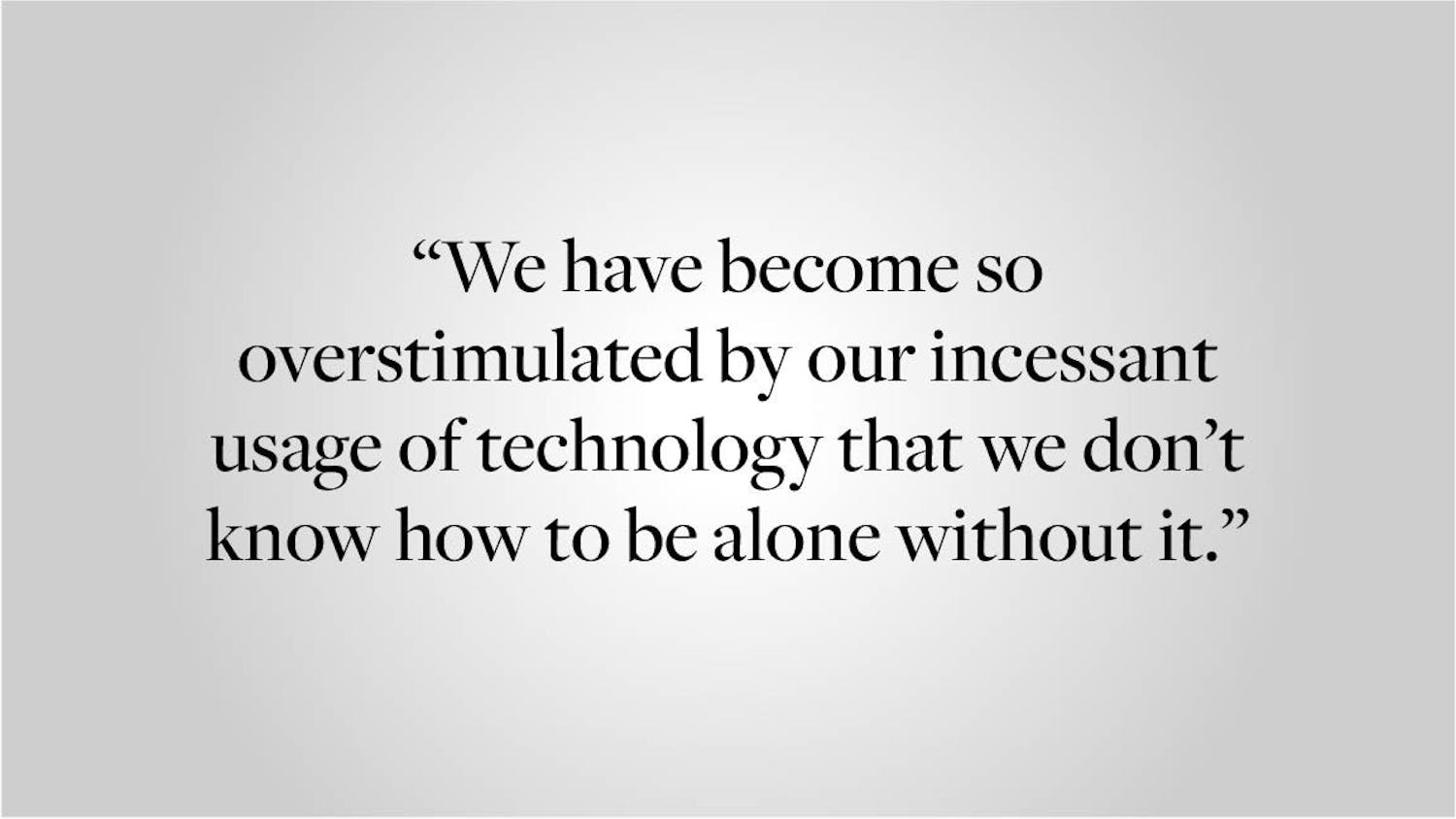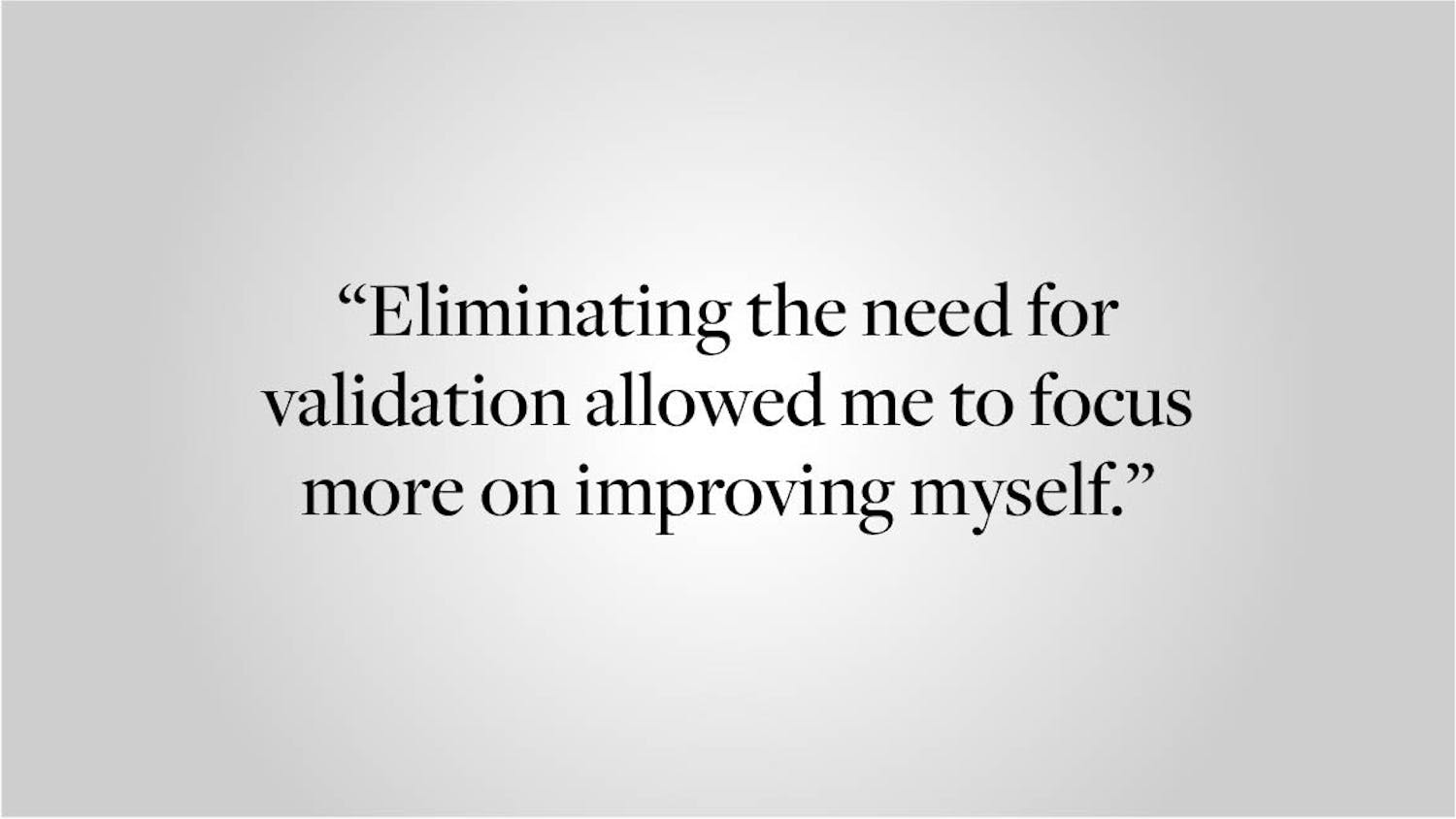Less than two weeks ago, we saw the end of a seven-year-long saga of fraud and white-collar crime — entrepreneur Elizabeth Holmes was at last sentenced to 11 years in prison for defrauding investors in her health care technology startup, Theranos.
Holmes founded Theranos, a company which claimed to create a cheaper and less invasive process of testing blood for medical purposes, after dropping out of Stanford University in 2004. The reveal of Theranos’s false promise — the technology did not work — began with a 2015 Wall Street Journal investigation and concluded with Holmes’s conviction.
Many may view the fact that Holmes was convicted as a victory. The consequences for Holmes’s actions could serve as proof that corporate greed will not be tolerated in today’s world. Others are just satisfied with the message that not even a supposedly indomitable Silicon Valley startup is above the law. These interpretations attempt to find meaning in what happened to Holmes, but her sentencing doesn’t mark any kind of watershed moment for the criminal justice system or the tech world. Rather, it illustrates the failings of the society that Holmes tried to succeed in and the likelihood that those failings will persist.
The idea that Holmes’s sentencing will change the culture of Silicon Valley is misguided. She is not the first tech founder to be guilty of fraud, and she is unlikely to be the last.
Social and financial factors combine to incentivize tech founders to overhype their products for seed money. When they have sellable ideas, Silicon Valley startups dominate most venture capitalists’ investment portfolios. VC funding isn’t just widespread — it has become a form of social currency. The knowledge that so much money and clout is within reach can rouse greed in many young entrepreneurs.
But Holmes never cashed out and sold her stocks in the company. This begs the question: If not greed, what drives someone like Elizabeth Holmes to commit fraud? Holmes wanted to be seen as a visionary — which is not a crime — but she failed to understand the dangers of society’s concept of a visionary. We’ve criminalized Holmes for backing a product that had no precedent or basis, yet we hail visionaries such as Isaac Newton for taking a leap of faith on a less-than-proven idea. It would seem that we are okay with these types of gambles so long as they are successful. If your vision doesn’t fully pan out, society has no sympathy. Holmes certainly crossed a line by lying about results and their reliability, but the process to get there may not have been as purposeful as many people believe. I doubt that Holmes will be the last one to err in this way.
The media, however, presents Elizabeth Holmes as one of a kind. Even before her fall from grace, coverage of Holmes’s story was constant. Since then, she’s only become more of a public sensation, inspiring documentaries and award-winning television shows. Elizabeth Holmes’s situation has evoked particular glee from the public. I question if anyone really appreciates how destructive that media circus has been.
As it is, companies with female founders reap an embarrassingly low portion of capital for startups. Holmes was one of the few women to buck that trend, becoming the world’s youngest female self-made billionaire and founding a company once valued at $10 billion. Holmes’s heavily publicized trial has likely reinforced an implicit bias against female founders — a bias which may well prompt future female founders to exaggerate their own achievements when the time comes to attract investors.
These dynamics create criminals like Holmes. None of this is to say that she is not guilty or that her sentence was too harsh. However, thinking of her as a singularly twisted person is all too convenient. Holmes’s sentencing does not represent a culmination of societal justice. Holmes was certainly a misguided individual, but she emerged out of a flawed capitalist system that enabled and encouraged her eventual fraud. If we take any lesson from Elizabeth Holmes, it should be that we need to fight to change this kind of culture.
Anika Bahl ’24 can be reached at anika_bahl@brown.edu. Please send responses to this opinion to letters@browndailyherald.com and other op-eds to opinions@browndailyherald.com.





